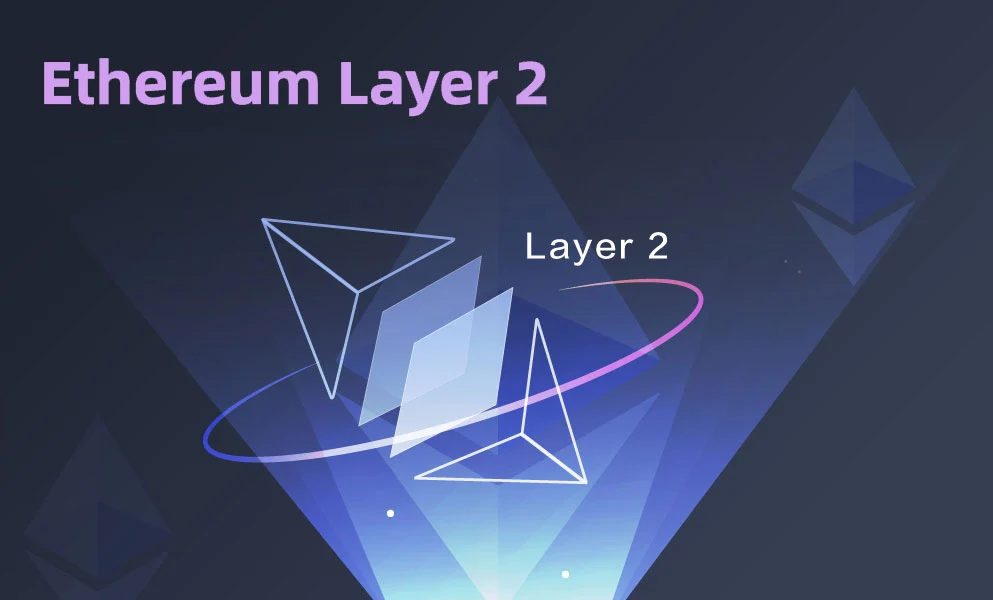Justin Bons of Cyber Capital accused Ethereum Layer 2 solutions of centralization, cautioning that they might compromise user funds and decentralization.

Justin Bons, the founder of Cyber Capital, incited controversy by making grave allegations against Ethereum Layer 2 scaling solutions. Bons asserted that L2s, intended to improve Ether’s scalability and transaction throughput, are fundamentally hazardous because of their centralized nature. He contended that these solutions violate the decentralization principles of cypherpunk and pose a substantial risk to users’ funds.
Justin Bons Criticizes Ethereum Layer 2 Networks
Bons’ criticism is centered on the centralized control that L2 operators have over their networks, which he claims enables them to pause or close down services at their discretion. Bons contends that this directly contradicts Ether’s decentralization ethos. Additionally, he accused these L2 networks of “stealing user funds.” This announcement coincides with the launch of Sony’s Ethereum Layer 2 initiative, Soneium.
Justin Bons allegedly exposed the vulnerabilities of these systems by listing eight incidents in which key Ethereum Layer 2 networks experienced outages or downtime to substantiate his argument. For example, he cited a 90-minute delay in the Linea network on June 2, 2024, as evidence of the operators’ centralized control over these networks. The smart contract’s flaw, which was observed in other networks, was the cause of the halt.
Additionally, he referenced comparable incidents that affected Starknet, Optimism, ZkSync, Arbitrum, and Polygon, each resulting in outages ranging from one to five hours. Bonus asserts that these incidents indicate a dangerous trend associated with Ethereum Layer 2 networks.
Bonus noted that in their present centralized state, Ethereum Layer 2 could potentially steal user funds or even go offline permanently. He further warned of the possibility of a hostile seizure of centralized sequencers. This could hold entire networks captive, leading to catastrophic outcomes for users.
Scalability Debate
Ethereum’s scaling strategy is the subject of Bons’ criticism, which extends beyond specific incidents to question its overall direction. He contends that the Ethereum community has entered into a “Faustian bargain” by forgoing security and decentralization in favor of scalability through L2 solutions. In his opinion, this compromise undermines the fundamental principles of blockchain technology and presents a substantial risk to users.
Bons also rejected the notion of “progressive decentralization,” which is promoted by numerous L2 developers. This method entails the gradual decentralization of the control and operations of Ethereum Layer 2 networks over time. Nevertheless, the ultimate objective is to achieve a level of trust minimization comparable to that of Ether’s mainnet. Nonetheless, Bons contended that this assurance of future decentralization is inadequate and does not substantiate the current centralized state of these networks.
Another Viewpoint
Supporters of Ethereum Layer 2 solutions responded to Bons’ thread promptly, challenging his perspective. One user contended that Bons was neglecting the concept of progressive decentralization and that L2s would derive most of their security from the Ethereum mainnet in their final state. The user emphasized that, although L2s are not flawless, they provide a more viable approach to scalability than constructing entirely new L1 blockchains. They observed that this may never attain the same level of security and decentralization as Ethereum.
Justin Bons conceded some of the issues raised in response but remained adamant about his opposition to the “promise” of future decentralization. He contended that this method is a feeble justification for failing to implement the genuinely decentralized technologies currently in existence. Bons further contended that scalable L1s would generate a larger revenue and achieve a higher level of decentralization and security than Ethereum Layer 2 solutions in the long term.

